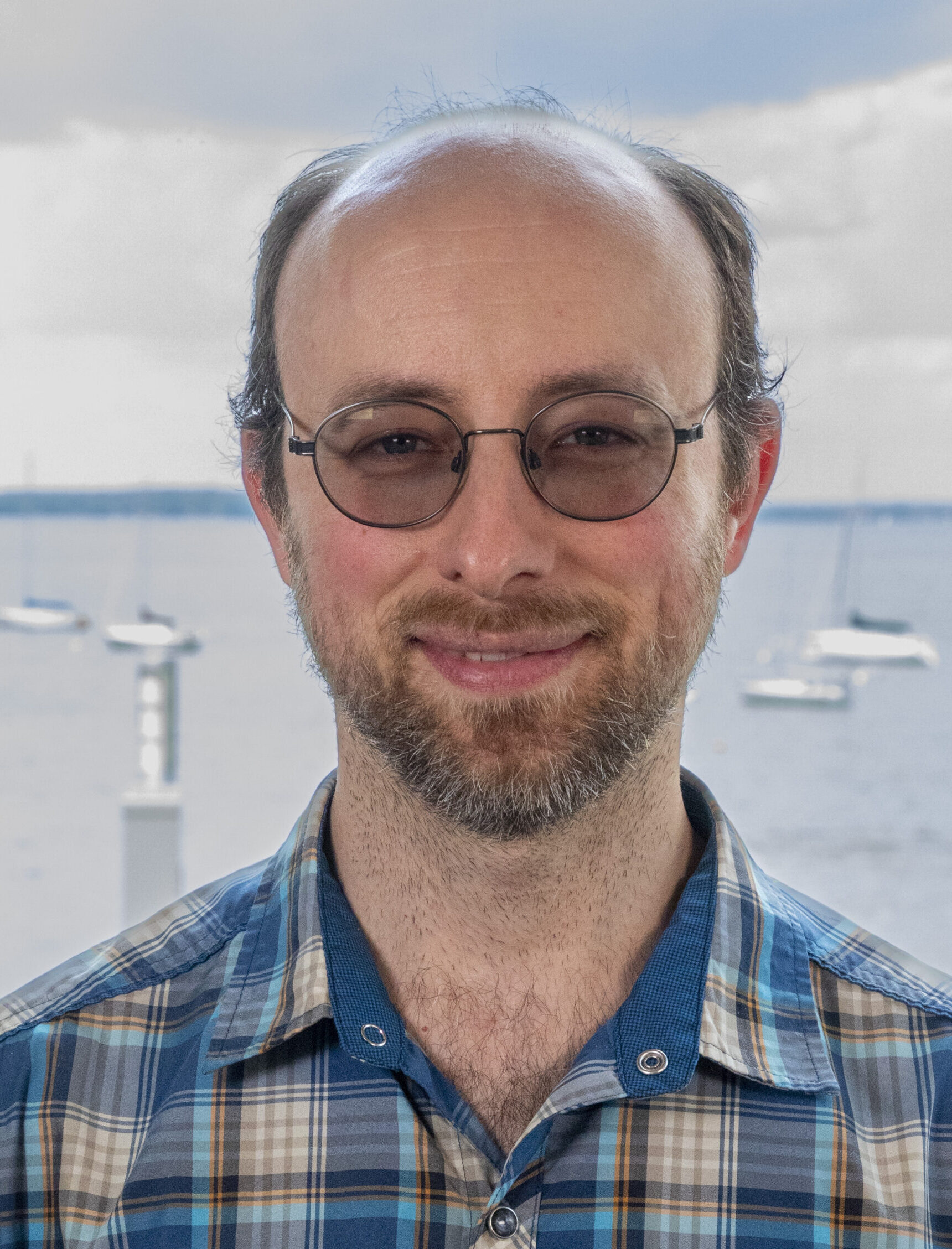UW-Platteville
Senior Lecturer
Humanities
 I grew up in southern Wisconsin and went to college at UW-Platteville, where I studied secondary education before switching my major to a BA in literature with the aim of teaching post-secondary English. I went on to earn my MA at the University of Minnesota, focusing on writing pedagogy, rhetoric, and Early Modern literature. I returned to complete my original major in education, only to discover that I could teach Comp at UW-Platteville with a Master’s degree, which I am still doing 13 years later. Realizing that I had arrived, I went about joining the Rhet/Comp committee, participating in discipline-based scholarship in college writing, engaging in professional development around high-impact practices, and beginning to dip my toe into the Scholarship of Teaching and Learning through the WTFS program.
I grew up in southern Wisconsin and went to college at UW-Platteville, where I studied secondary education before switching my major to a BA in literature with the aim of teaching post-secondary English. I went on to earn my MA at the University of Minnesota, focusing on writing pedagogy, rhetoric, and Early Modern literature. I returned to complete my original major in education, only to discover that I could teach Comp at UW-Platteville with a Master’s degree, which I am still doing 13 years later. Realizing that I had arrived, I went about joining the Rhet/Comp committee, participating in discipline-based scholarship in college writing, engaging in professional development around high-impact practices, and beginning to dip my toe into the Scholarship of Teaching and Learning through the WTFS program.
TEACHING AND LEARNING PHILOSOPHY
I began my teaching career as a writing center tutor, and a lot of my pedagogy as a writing teacher stems from the core assumptions of writing center pedagogy: namely, that the student sets the agenda, that the goal is better writers, not just better documents, and that writing is a process, both of learning and of developing a particular product. I regularly ask students for input both formatively and summatively over the course of a semester to help them set the agenda, as well as spend a lot of time meeting with them one-on-one to individually address the variety of concerns they have academically and otherwise.
At first, teaching like a writing center tutor was something I did because I didn’t have experience doing anything else, but as I gained experience, my intuition about students setting the agenda was often rewarded because students gave me a lot of insight about how to teach them. They taught me how to structure assignments, how to create motivational frameworks for them, and how to set clear expectations and boundaries for my sake and for theirs. They taught me that when they have a role in directing their own assignments and topics of inquiry, it’s more likely to motivate them intrinsically and will often better align with their goals.
Of course, I learned that many students in first-year writing classes are still developing and deciding on their goals, so I began to also build space for student inquiry into their future careers and lives as citizens so that they can make more informed decisions. This is still students setting the agenda: even if their path inevitably changes, developing the agency needed to make choices to course correct on their path is itself valuable educationally and holistically.
Though my philosophy does not presume too much, a priori, about what is best for a student beyond self-determination, I have developed some basic assumptions about the kinds of experiences that will be valuable for the majority of students, like the ability to collaborate and come up with solutions to open-ended, realistic problems, so I try to design assignments and projects that involve those kinds of parameters, even if some students sometimes find them frustrating at first.
Frustration/friction as an element of education is probably the most recent addition to my philosophy. It admittedly directly contradicts the “student sets the agenda” tenet for some students, but it aligns with “better writers, not just better documents” for students in general. In an era where LLMs, smartphones, and social media have created less cognitively demanding ways of solving problems, I have begun to judiciously add friction to aspects of the writing process and problem-solving we do in class, encouraging the productive challenge involved in creativity. Students write early drafts by hand, engage in face-to-face discussions, and the vast majority appreciate the rationale I give for why we set aside our tech: if we went to the gym, we wouldn’t use a forklift to lift weights and expect to get stronger.
Of course, I also bring up the broader ethics of LLMs as well as their potential value so we can consider the tradeoffs – an ongoing process in education and society at large.
